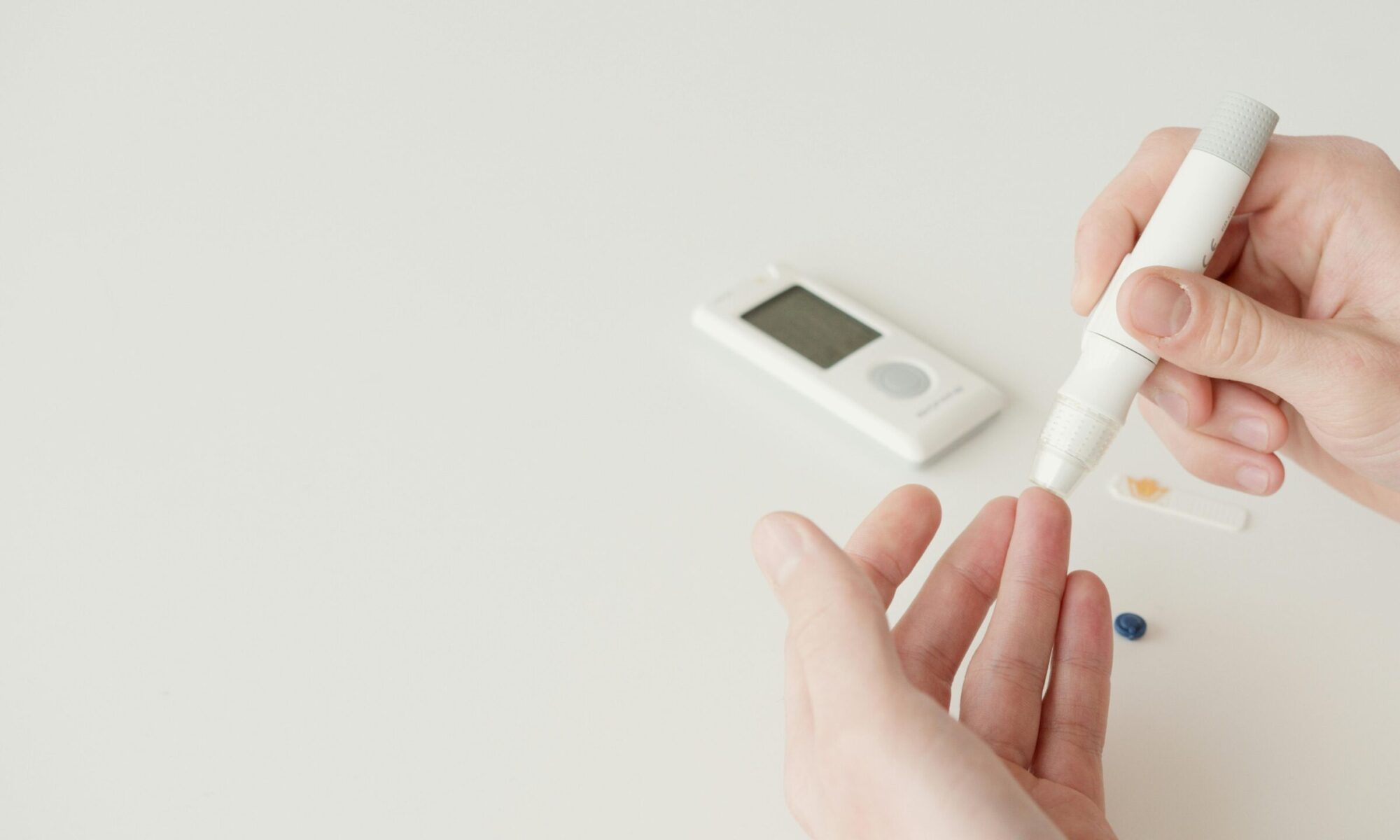Type 1 Diabetes (T1D) is often misunderstood, leading to myths and misconceptions that can affect how people view and manage the condition. By clearing up these myths, we can better support those living with T1D and educate others. This article explores the most common myths about T1D and sets the record straight with accurate information.
Myth: Type 1 Diabetes Is Caused by Eating Too Much Sugar
Reality:
One of the most common misconceptions is that Type 1 Diabetes is the result of poor diet or excessive sugar intake. In reality, T1D is an autoimmune condition in which the immune system mistakenly attacks the insulin-producing beta cells in the pancreas. This leads to insufficient insulin production, which is necessary for regulating blood sugar. While diet can impact blood sugar management, it is not a cause of T1D.
Clarification:
Unlike Type 2 Diabetes, which can be influenced by lifestyle factors, T1D has a complex origin involving genetic predisposition and environmental triggers. Researchers continue to study potential triggers, such as viral infections, but diet alone is not a cause.
Myth: Only Children Develop Type 1 Diabetes
Reality:
Although T1D is often diagnosed in children and adolescents, it can develop at any age. Adults can also be diagnosed with T1D, sometimes misdiagnosed as Type 2 Diabetes due to their age. This form of adult-onset Type 1 Diabetes is sometimes referred to as latent autoimmune diabetes in adults (LADA).
Clarification:
The misconception likely stems from the fact that T1D is most commonly diagnosed in young people. However, awareness is increasing about adult-onset T1D, which helps in better diagnosis and treatment plans for adults with this condition.
Myth: People with Type 1 Diabetes Can’t Eat Sugar
Reality:
People with T1D can consume sugar and carbohydrates, but they need to monitor their intake and balance it with their insulin doses to manage blood sugar levels effectively. The idea that individuals with T1D must completely avoid sugar is overly restrictive and can lead to misunderstandings about dietary flexibility.
Clarification:
The key for those with T1D is to maintain balanced nutrition and monitor carbohydrate intake. With proper insulin management, people with T1D can include sweets and treats as part of a well-rounded diet.
Myth: Insulin Is a Cure for Type 1 Diabetes
Reality:
While insulin is a vital treatment for managing T1D, it is not a cure. Insulin helps regulate blood sugar levels and prevents life-threatening complications, but it does not stop the underlying autoimmune process that causes the condition.
Clarification:
People with T1D need to take insulin for life, and managing the condition involves more than just taking insulin—it includes monitoring blood sugar levels, maintaining a healthy diet, exercising, and regular check-ups. Current research is focused on developing potential cures and better treatment options, such as beta cell replacement and immunotherapy.
Myth: You Can Outgrow Type 1 Diabetes
Reality:
Type 1 Diabetes is a lifelong condition. The idea that it can be outgrown likely stems from confusion between T1D and Type 2 Diabetes or temporary conditions like gestational diabetes. Once diagnosed, individuals with T1D will need to manage their condition for the rest of their lives.
Clarification:
Although T1D cannot be outgrown or cured, advances in treatment and technology, such as continuous glucose monitors (CGMs) and insulin pumps, have made it easier for individuals to live full and active lives while managing their diabetes.
Myth: Exercise Isn’t Safe for People with Type 1 Diabetes
Reality:
Exercise is not only safe but highly recommended for people with T1D. Regular physical activity helps improve cardiovascular health, enhance insulin sensitivity, and maintain overall well-being. However, it’s essential to plan exercise routines carefully and monitor blood sugar levels to avoid hypoglycemia.
Clarification:
People with T1D should check their blood sugar levels before, during, and after exercise and have snacks or glucose tablets on hand to prevent low blood sugar. Exercise routines should be personalized based on how an individual’s body responds to physical activity.
Myth: Type 1 Diabetes Only Affects Physical Health
Reality:
T1D affects both physical and mental health. Managing the condition can be challenging, leading to stress, anxiety, and even depression. The constant monitoring, insulin injections, and concerns about blood sugar levels can take an emotional toll.
Clarification:
Recognizing the emotional impact of T1D is vital. Support from family, friends, healthcare providers, and mental health professionals can make a significant difference. Many individuals with T1D find strength in community support groups and online forums that share tips, encouragement, and experiences.
Prevention Tips for Misunderstanding and Early Identification
Promote Education:
- Share accurate information and educate others about the realities of T1D to dispel myths and foster understanding.
Know the Signs:
- Common symptoms of T1D include increased thirst, frequent urination, unintended weight loss, fatigue, and blurred vision. Early identification and diagnosis are essential for starting treatment promptly.
Encourage Support:
- Encourage open communication and support within families and communities to reduce stigma and create a supportive environment for those with T1D.
Type 1 Diabetes is surrounded by numerous myths that can lead to confusion and misunderstanding. By educating ourselves and others, we can promote awareness, dispel myths, and support those living with T1D more effectively. Understanding the real challenges and facts about T1D enables individuals to manage their condition with confidence and live life to its fullest.
Disclaimer:
The content on this website/article is community-driven and contributed by non-medical professionals. The observations and views expressed reflect the experiences and opinions of the non-medical community. You are strictly advised to seek the advice or opinion of a qualified medical professional before considering or acting on any information, opinions, or views presented on this website.
View Count: 226 Views

